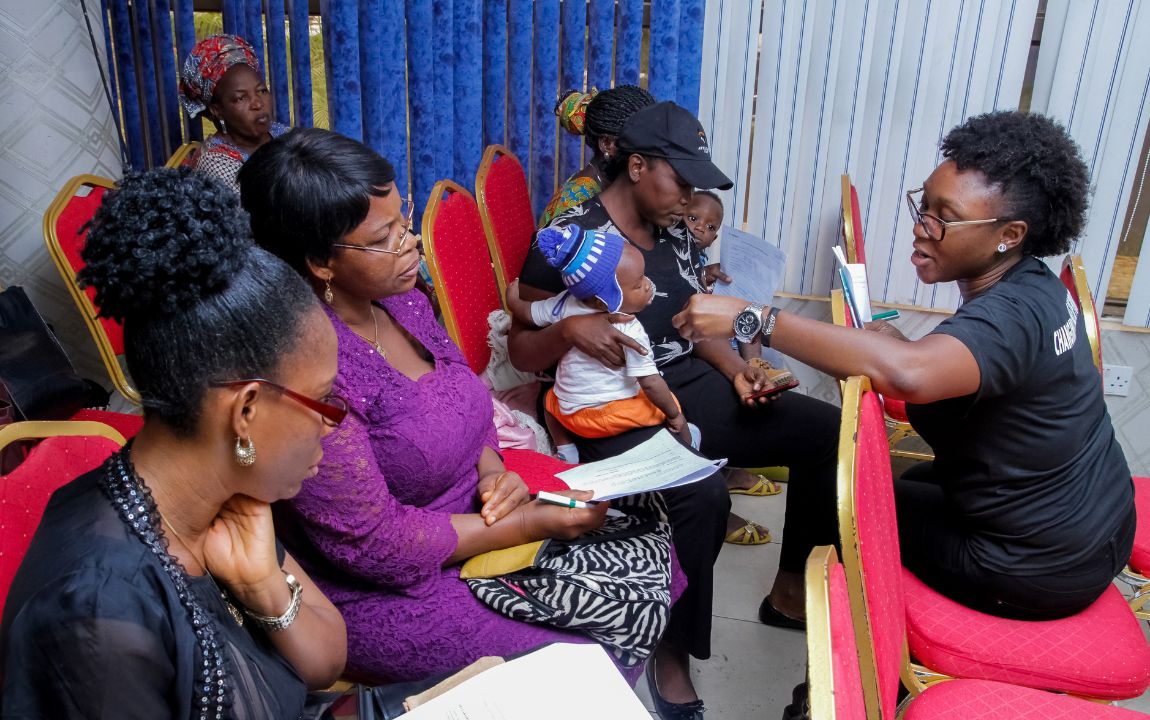Financial literacy is crucial for everyone, regardless of gender, but it holds particular significance for women due to various social and economic factors. Here are some reasons why financial literacy is especially important for women:
Closing the Gender Wealth Gap
Financial literacy empowers women to make informed decisions about saving, investing, and managing their money. This knowledge is essential for narrowing the gender wealth gap, as women historically have had lower earnings and fewer opportunities to build wealth.
Career Interruptions and Life Transitions
Women often experience career interruptions due to factors such as maternity leave, caregiving responsibilities, or part-time work. Financial literacy helps women plan for these interruptions, manage their finances during transitions, and navigate the impact on their long-term financial well-being.
Longer Life Expectancy
Financial literacy is vital for ensuring that women have the financial resources to support themselves and their families during retirement and avoid outliving their savings. Understanding investment strategies, retirement planning, and pension options becomes crucial in this context.
Entrepreneurship
Financial literacy is particularly relevant for women entrepreneurs. Starting and managing a business requires financial acumen to make sound decisions, secure funding, and navigate the complexities of entrepreneurship. Improved financial literacy can contribute to the success and sustainability of women-owned businesses.
Educational Investments
Women, like men, pursue education to enhance their skills and career prospects. Financial literacy helps women make informed decisions about acquiring financial aspects of education, ensuring that they can invest wisely in their future without being burdened by excessive debt.
Financial Independence
Financial literacy enables women to take control of their financial futures. It provides the tools to budget effectively, manage debt, and build savings, reducing dependence on others and fostering self-reliance.
Empowerment and Confidence
Understanding financial concepts boosts confidence and empowers women to actively participate in financial discussions, whether in family matters or business decisions. Financial literacy equips women with the knowledge to negotiate salaries, manage investments, and engage in financial planning.
Protecting Against Financial Abuse
Financial literacy plays a crucial role in protecting women against financial abuse. Understanding financial rights, managing joint finances, and recognizing warning signs of financial manipulation or coercion are essential components of financial literacy.
In summary, financial literacy is a key tool for empowering women and enhancing overall economic well-being. By providing women with the knowledge and skills to make informed financial decisions, society can work towards closing gender gaps and fostering a more equitable and prosperous future for all.

